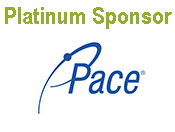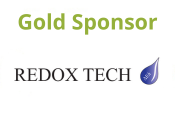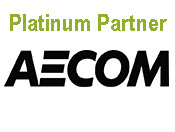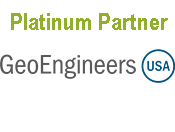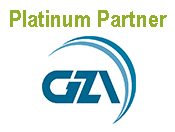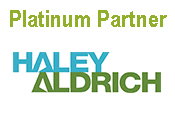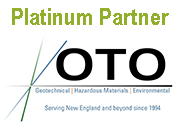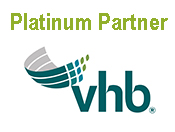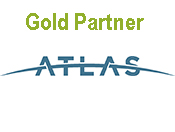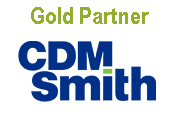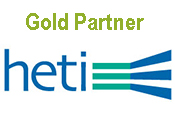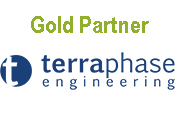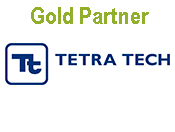The LSPA received the following email yesterday regarding changes to the Brownfields Tax Credit program regulations and administrative procedures. These changes take effect today, Friday, July 9, 2021.
Separate from but related to the staffing item below is this job posting for a Brownfields Credit Specialist position with the MA Department of Revenue. This position is also posted on the LSPA's Job Board.
The MA Executive Office for Administration and Finance email reads:
I am reaching out to inform you that tomorrow, July 9, 2021, the Administration will be implementing various administrative changes to improve the Brownfields Tax Credit and streamline the application process.
As you are aware, in recent months, the Executive Office for Administration & Finance convened an interagency working group with representatives from DOR, DEP, A&F, HED, and EEA to examine how to optimize the Brownfields Tax Credit.
This process and these upcoming changes have been informed by public feedback through the G.L. c. 30A process for regulations and multiple listening sessions. DOR will execute these changes by finalizing the Brownfields Tax Credit regulations (830 CMR 63.38Q.1) and issuing a revised administrative procedure for the program. The changes are summarized below.
Regulation
- Scope of Review on Appeal – For partial appeals, DOR will review only the denied portion of an application; the approved portion of an application will only be reviewed if there was a material misrepresentation or omission.
- Denial Explanation – DOR will provide an explanation for each credit denial.
- Asbestos Eligibility – DOR will deem asbestos removal costs to be generally eligible as long as the soil immediately under the building is contaminated and the building’s demolition was required in order to achieve a permanent solution.
- Multiple Releases – For purposes of determining whether an applicant’s costs equal or exceed 15% of the assessed value of the property (as is required to become eligible for the credit), an applicant may aggregate net response and removal costs over a 3-year period when there are multiple contaminated sites on one property.
- Effective Date of Regulation – By its terms, the regulation will go into effect when it is made public on July 9, 2021.
Subregulatory Guidance
- Intake Timeline – When an application is submitted, DOR will contact the applicant within 30 days to notify them of which examiner has been assigned to the case and to outline the application review process.
- Intake Narrative – To accelerate DOR’s initial review, applicants will be directed to provide a narrative explaining why submitted costs are eligible.
- Review Process Updates – Applicants will receive a status update from the examiner assigned to their case every 60 days.
- Expedited Timeline – An expedited process will be established for lower-dollar, less complex BTC projects¾those worth $250K or less. Such applicants will be contacted within 7 days and will receive updates every 30 days.
- Appeals Timeline – DOR has established a timeframe for the processing of appeals. The stages of the process are as follows:
- Appeal is initiated. This occurs when the Office of Appeals receives the appeal.
- Initial Scheduling Letter sent. Within 30 days of Stage 1.
- Complete Appeal filed by Applicant. Within 60 days of Stage 1.
- Opening Conference held. Within 90 days of Stage 1.
- Information and Document Requests (IDRs) issued and answered. These are to be issued by the Appeals Officer within 60 days of the Opening Conference (Stage 4) and are to be answered by the Applicant within 30 days after they were issued.
- Formal Scheduling Letter sent (if no settlement has been reached). Within 60 days after all IDRs have been answered.
- Formal Hearing held. No later than 60 days after the Formal Scheduling Letter has been issued.
- Formal Letter of Determination issued. 60 days after the Formal Hearing. If the appeal is complex, this stage may be extended by an additional 90 days.
Additional Resources
- Staffing – DOR will hire a dedicated environmental engineer and is also hiring and training 3 additional audit staff members.
Public Engagement
- Revisit Regulation in 2 Years – DOR will solicit stakeholder feedback on the regulation two years from the date of final promulgation.
DOR plans to make public the final regulations and revised administrative procedure on Friday, July 9, 2021—the date that they will also take effect.
We’d like to thank you all for your helpful guidance and partnership during this process. If you have any questions, please do not hesitate to reach out.
Thank you,
Cassandra
Cassandra B. Roeder
Associate General Counsel
Executive Office for Administration and Finance
State House, Room 373
Boston, MA 02133
(857) 400-5431

